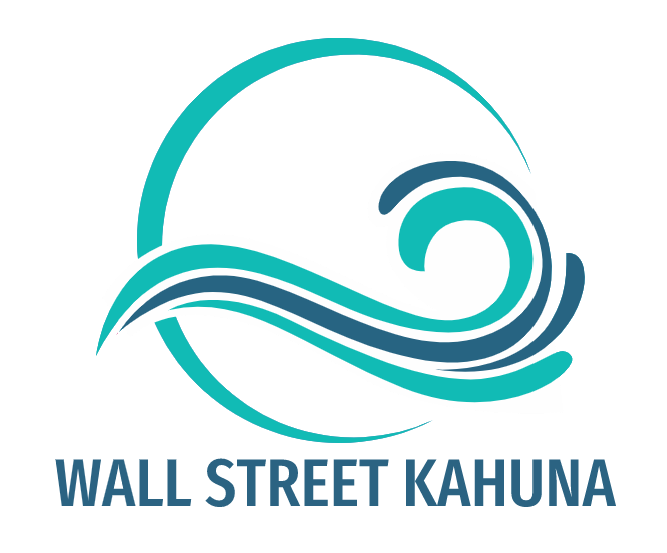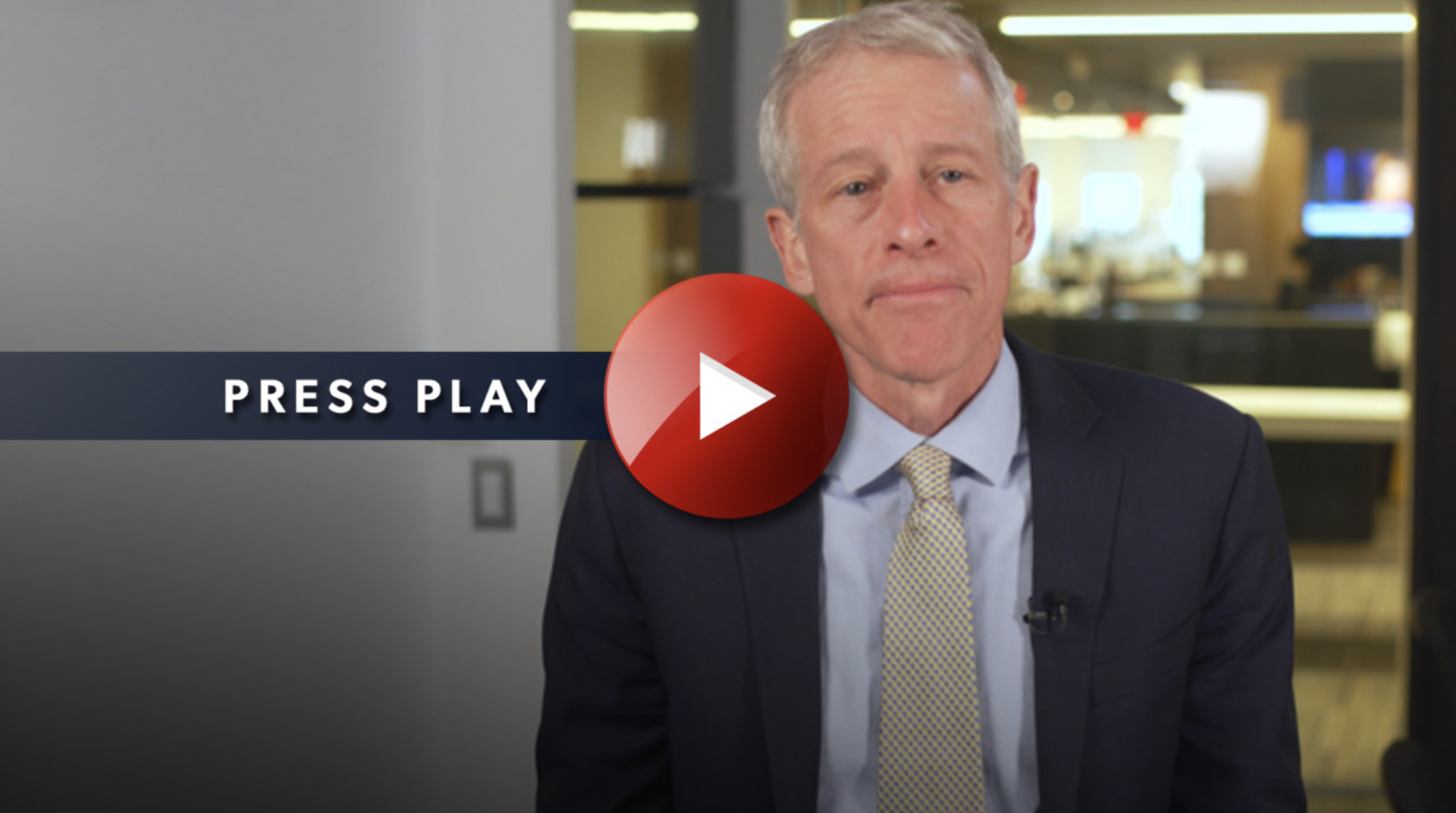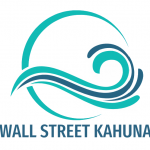Berkshire Hathaway is netting between a 4% and 5.7% yield from these time-tested income stocks.
Since taking the reins as CEO of Berkshire Hathaway (BRK.A -1.90%)(BRK.B -1.92%) in 1965, Warren Buffett has put on a moneymaking clinic for Wall Street. He’s created over $680 billion in value for shareholders and overseen a 20.1% average annual return for the company’s Class A shares (BRK.A). Over 57 years, a 20.1% average annual return works out to a better than 3,600,000% gain!
While there are no shortage of reasons for the Oracle of Omaha’s sustained success, his love of dividend stocks could be the most important component. Dividend stocks are almost always profitable and time-tested. What’s more, their track record shows that over the long run, they handily outperform stocks that don’t pay dividends.
Over the next 12 months, Berkshire Hathaway is on pace to collect more than $6 billion in passive income, including preferred-stock payouts. But among the more than four dozen stocks in Buffett’s portfolio, the following four provide the highest yields.
Citigroup: 4% yield
The Oracle of Omaha’s fourth-highest-yielding income stock is one of Berkshire’s newest additions, Citigroup(C -2.16%). Citi’s 4% yield is the highest among U.S. money-center banks.
There’s not a sector that Warren Buffett loves investing in more than bank stocks. Even though banks are cyclical, and therefore subject to weakness during economic downturns, periods of economic expansion last significantly longer than recessions or contractions. Buying a bank stock like Citigroup should allow investors to take advantage of the natural expansion of the U.S. and global economies over time. For banks, this typically means steady loan and deposit growth.
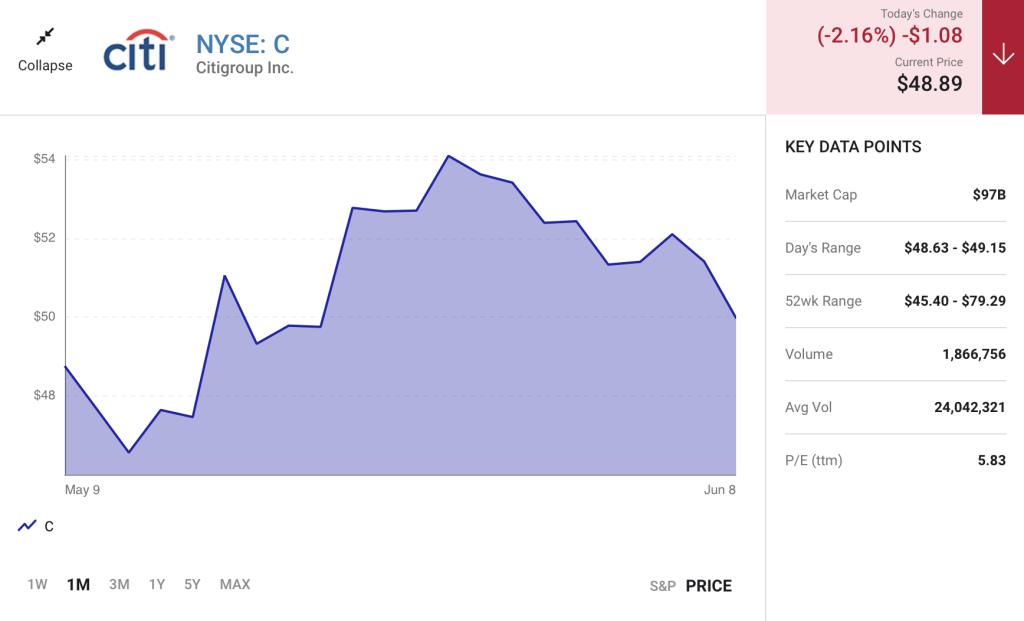
Another factor working in Citigroup’s favor is rapidly rising interest rates. Historically high inflation domestically and abroad is coercing central banks to increase their lending rates. When interest rates rise, banks benefit by collecting more net interest income on their outstanding variable-rate loans.
Although Citi’s track record has been less than perfect since the Great Recession (litigation and the company’s international exposure have weighed on its bottom line), it could represent a bargain at just 56% of its book value.
Kraft Heinz: 4.4% yield
Packaged-food and snack giant Kraft Heinz (KHC -1.10%) parses out the third-biggest dividend yield in Berkshire Hathaway’s portfolio at 4.4%.
Kraft Heinz has done quite well since the pandemic began. With lockdowns coercing people to stay home, sales for boxed and quick-prep meals were pushed notably higher.
To add to that, Kraft Heinz is home to dozens of well-known global brands in the packaged-food, snacks, and condiments aisle of your local grocery store. Having easily recognizable brands is a bonus when inflation is hitting four-decade highs. It should help the company pass along price increases that outrun the pace of inflation.
On the other hand, Kraft Heinz has arguably been Warren Buffett’s worst investment of the past decade. In early 2019, the company took a mammoth $15.4 billion write-down on the value of its brands. In hindsight, Buffett said that Heinz overpaid for Kraft Foods in 2016, leaving the combined company with a debt-burdened and goodwill-strapped balance sheet.
While Kraft Heinz’s payout looks safe for the moment, the company’s balance sheet could constrain growth initiatives for the foreseeable future.
Verizon: 5% yield
The second-highest-yielding Warren Buffett stock happens to be a company he and his investing team sold nearly all of during the first quarter: telecom stock Verizon Communications (VZ -0.71%). As of last weekend, it was doling out an inflation-fighting 5% yield.
The reason most folks put their money to work in mature telecom providers like Verizon is for the well-above-average quarterly payout. With smartphones and wireless access evolving into basic necessities over time, recessions shouldn’t have much adverse impact, if any, on the company’s wireless operating segment.
Verizon’s biggest catalyst at the moment is the push to 5G. It’s been roughly a decade since telecom infrastructure was upgraded to accommodate faster wireless download speeds. Thus, Verizon spending big bucks to upgrade its infrastructure should translate into a multiyear period where consumers and businesses replace their devices. The key point here being that data consumption should increase, which will be a boon for its higher-margin wireless operations.
The company has also spared no expense to purchase 5G mid-band spectrum. It has a goal of covering 50 million households with its 5G at-home broadband services by the end of 2025. Though broadband isn’t the growth story it once was, it can provide predictable cash flow and lift margins by encouraging service bundling.
STORE Capital: 5.7% yield
The crème de la crème of high-yielding stocks in Warren Buffett’s portfolio is real estate investment trust(REIT) STORE Capital (STOR -1.13%). Because REITs are required to pay out most of their earnings as a dividend in order to avoid normal corporate tax rates, STORE has pretty consistently averaged a 4% to 5% yield over the past five years. The company’s current 5.7% yield is above its historic norm.
STORE Capital has a unique focus when acquiring and leasing properties. In particular, it seeks middle-market companies and utilizes triple-net leases. A middle-market company is typically a small business with a market valuation below $2 billion.
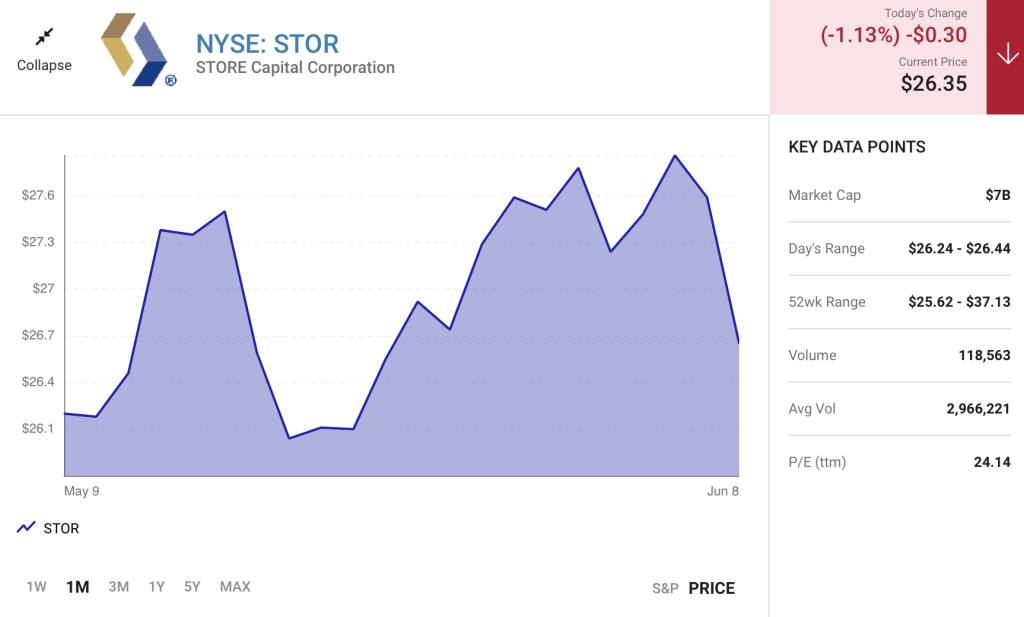
Meanwhile, a triple-net lease requires the tenant to pay all expenses on the property (e.g., utilities, property tax, insurance, and maintenance). Although triple-net leases usually result in lower rental rates since the tenant is taking on added responsibilities, they substantially reduce the risk for the property owner (in this case, STORE Capital). This means steady income and a predictable dividend for shareholders.
Something else interesting about STORE is that it almost exclusively invests in profit-center real estate. This is a fancy way of describing properties that are essential to the success of the profitably run companies STORE leases to. Purchasing and leasing these key cogs to profitable businesses further reduces the risk of STORE Capital not being paid.
